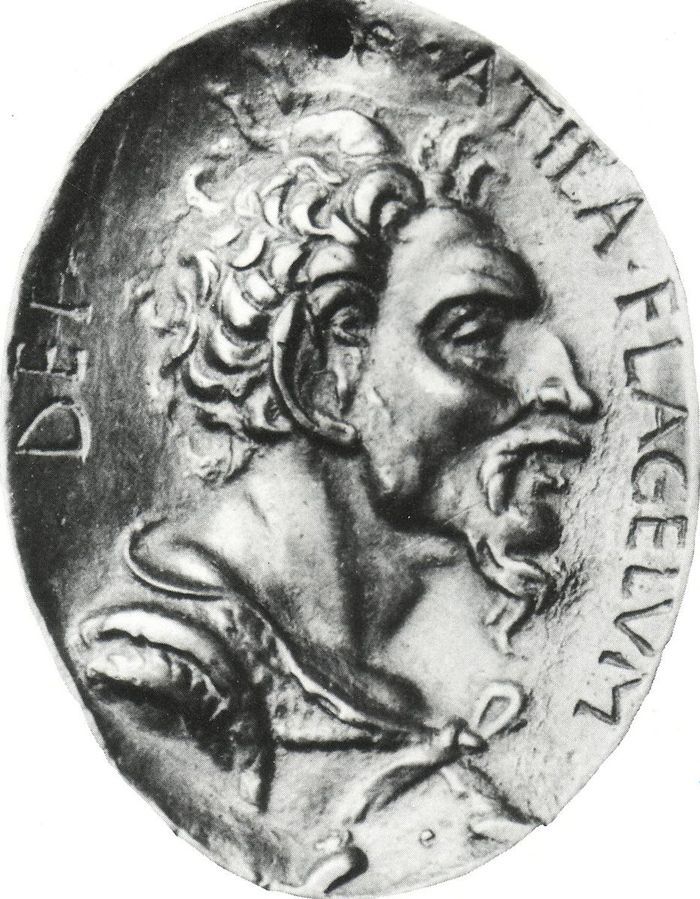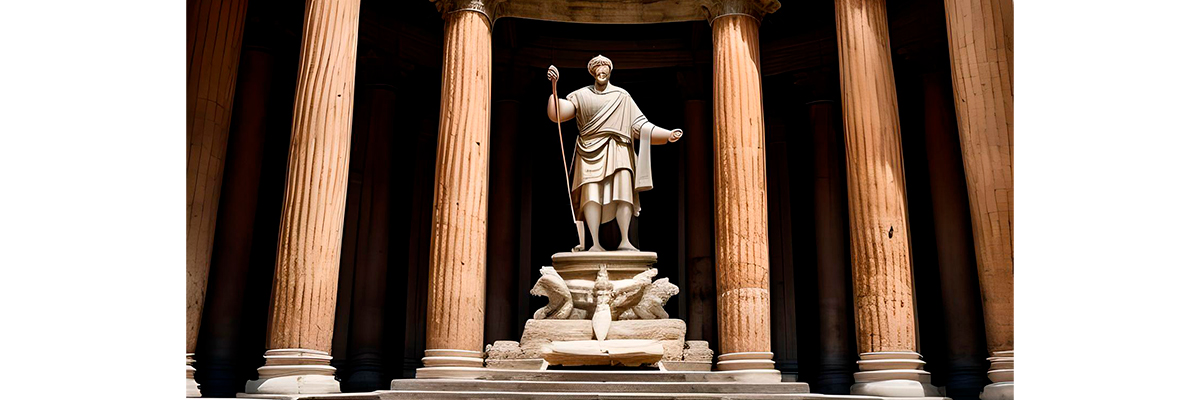Hegel’s Thought Explained Simply

Contents
Hegel’s thought is a complex philosophical theory, but I will try to explain it in a straightforward manner. His primary focus was on understanding the nature of reality and how human knowledge develops over time.
- Understanding the nature of reality,
- How human knowledge develops
Hegel believed in a process called “dialectic,” which implies that ideas and concepts develop through conflicts and contradictions.
Thesis, antithesis = synthesis
According to him, each idea (thesis) generates an opposing idea (antithesis), and then these two ideas are resolved into a synthesis that incorporates elements from both.
Hegel applied this idea of dialectic to many aspects of life and human thought. For instance, he thought that history unfolds through a similar process of thesis, antithesis, and synthesis.
Each era has its own ideas and values (thesis), which then face criticisms and challenges (antithesis), and finally, they are overcome in a new way of thinking (synthesis). This process continues in a constant cycle of development and change.
The Absolute Spirit
Another important idea in Hegel’s thought is the notion of the “Absolute Spirit.”
The “Absolute Spirit” refers to the process of self-realization of the human spirit throughout history.
According to him, the human spirit develops over history, and this development involves an increase in understanding and freedom. As humanity progresses, it comes closer to total awareness and the realization of its true nature.
Drawing Conclusions: Hegel believed that knowledge and reality develop through conflicts and contradictions, and this development applies to both history and individual thought. His philosophy centers – perhaps somewhat optimistically – on the idea of dialectic and the progress of the human spirit towards greater understanding and freedom.
Hegel’s Theory of Servitude
Hegel’s theory of servitude is a significant part of his political philosophy and is found in his work “Phenomenology of Spirit” Hegel analyzes the relationship between the master and the servant and how this dynamic affects self-consciousness and human freedom.
Now, think about yourself and your relationships, whatever type they may be: emotional, work-related… Even if you’re the president of your neighborhood community – or will be someday -; if you’re the head of a department; now think about your family relationships, with your brother-in-law, father-in-law, son-in-law, brother, or cousin. Well, in all these relationships, there’s one that is that of the slave and another that is the master. Think about it, in your relationships. We all play a role, a position, depending on many factors. Sometimes we are masters, sometimes slaves…
According to Hegel, in the master-servant relationship, the master seeks recognition of their own identity and power, while the servant performs physical labor and depends on the master.
Initially, the master has control and exercises power over the servant. However, Hegel argues that it’s the servant who undergoes a deeper development in terms of self-consciousness.
The servant achieves a higher level of freedom
Through work and the struggle for survival, the servant develops skills and abilities that make them self-aware individuals.
Unlike the master, whose self-consciousness is based on domination and control, the servant’s self-consciousness is formed through experience and direct confrontation with reality.
Hegel maintains that the servant attains a higher level of freedom, as their self-consciousness isn’t dependent on external approval or the master’s recognition. The servant gains internal autonomy by facing daily challenges and struggles.
However, Hegel also notes that the servant cannot fully realize their freedom while subjected to the master. True freedom, according to Hegel, lies in a relationship of mutual recognition, where both the master and the servant acknowledge each other as free and equal human beings.
To sum up:
Hegel’s theory of servitude examines the power dynamics between the master and the servant and how this influences self-consciousness and freedom. While the master initially exerts control, it’s the servant who experiences a deeper development in terms of self-consciousness. Nevertheless, true freedom is achieved when a relationship of mutual recognition is established between both parties.
Hegel and Religion
It’s important to note that Hegel wasn’t known for adhering to a specific religion in the traditional sense.
As we’ve already mentioned, Hegel believed in the importance of religion as a stage in the development of human consciousness and spirit. He considered religion to play a crucial role in understanding and symbolically representing the world, but he also believed it should be transcended by a more rational form of knowledge.
In terms of his personal religious affiliation, Hegel was raised in a Lutheran environment and studied theology. In his youth, he was strongly influenced by Christian religion and devoted himself to exploring and understanding the philosophy of Christian religion. However, over time, his focus shifted away from religion in a conventional sense and leaned more toward his philosophical development.
Can we say that Hegel developed his own philosophy and conception of religion? Perhaps, what seems true is that he didn’t adhere to a specific religious practice. His focus was more oriented toward the philosophical understanding of the human spirit and the evolution of consciousness, rather than advocating for a particular religion or religious belief.






